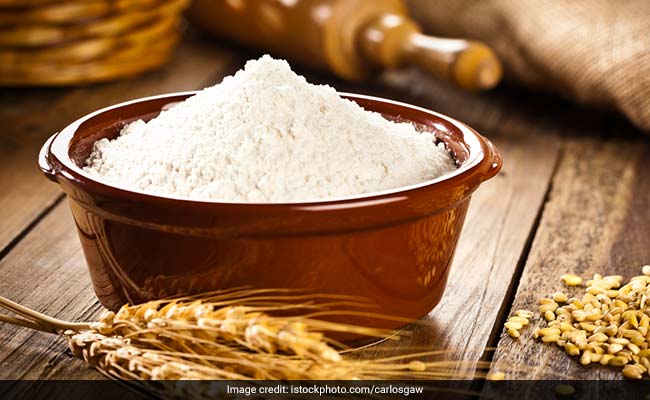
Organic flour has higher levels of nutrition than conventional flour, including more protein, fiber, calcium, iron, and antioxidants. Organic flours may also contain beneficial compounds not found in conventional flours that can help reduce inflammation and boost your immune system. For example, organic wheat germ contains high levels of phytonutrients like phenolic acids, which have anti-inflammatory and antioxidant properties.
Additionally, organic flours are free from chemical additives such as bleaches and preservatives, so you can be sure that what you’re consuming is pure and natural. Organic flour is also usually milled from whole grains, making it a more nutritious option than conventional refined flour. Eating whole grains has been associated with a reduced risk of type 2 diabetes, heart disease, and some cancers.
Organic flours are also better for the environment. Since organic farming methods don’t use synthetic fertilizers or pesticides, they help protect the soil, air, and water from pollution and contamination. Furthermore, organic farms typically practice sustainable agriculture practices that support environmental conservation.
There are different uses of organic flour, including baking, cooking, and even a thickener in sauces. Organic flour can be used in many recipes, such as muffins, pancakes, and bread. The taste of organic flour is often described as nutty and earthy, with a light texture compared to conventional white flour.
When shopping for organic flour, check the label for ingredients and certifications. Look for USDA organic certification or other organic certifications. You should also look for flours that are milled from whole grains so that you can get the most nutrition out of them.
How to choose the right flour when baking
The type of flour you use can make a big difference in baking. All flours are naturally gluten-free, but wheat flour contains gluten and is not recommended for people who have celiac disease or non-celiac gluten sensitivity.
Here are helpful tips when looking for the right flour:
Look for organic and non-GMO varieties
This is an important factor for health and environmental reasons. Organic varieties are also more nutritious as they’re free from synthetic fertilizers, pesticides, and additives. When you notice the difference in the taste of organic flour in your baking, you will never return to conventional flour!
Choose whole grains
Whole grain flours contain the germ and bran of the grain, which provide added fiber, vitamins, minerals, and antioxidants. Whole wheat flour is great for bread and muffins, while rye or spelt flour works well in cakes and cookies.
Look for the right consistency
Flours can vary in texture, so be sure to purchase flours that are the right consistency for your baking needs. For example, whole wheat or rye flour has a coarser texture than all-purpose white flour and may require additional liquid when used in baking
Read the label
Pay close attention to the type of flour you’re buying. For example, bread flour is more protein than all-purpose or cake flour. What you need to look for depends on the type of baking you’re doing, so read the label carefully.
In summary, organic flour is a healthier choice than conventional flour as it contains higher levels of nutrition and compounds that can help boost your health. It also has environmental benefits, making it an even more attractive option. So when you’re looking for healthy flour to bake with, consider going organic!




